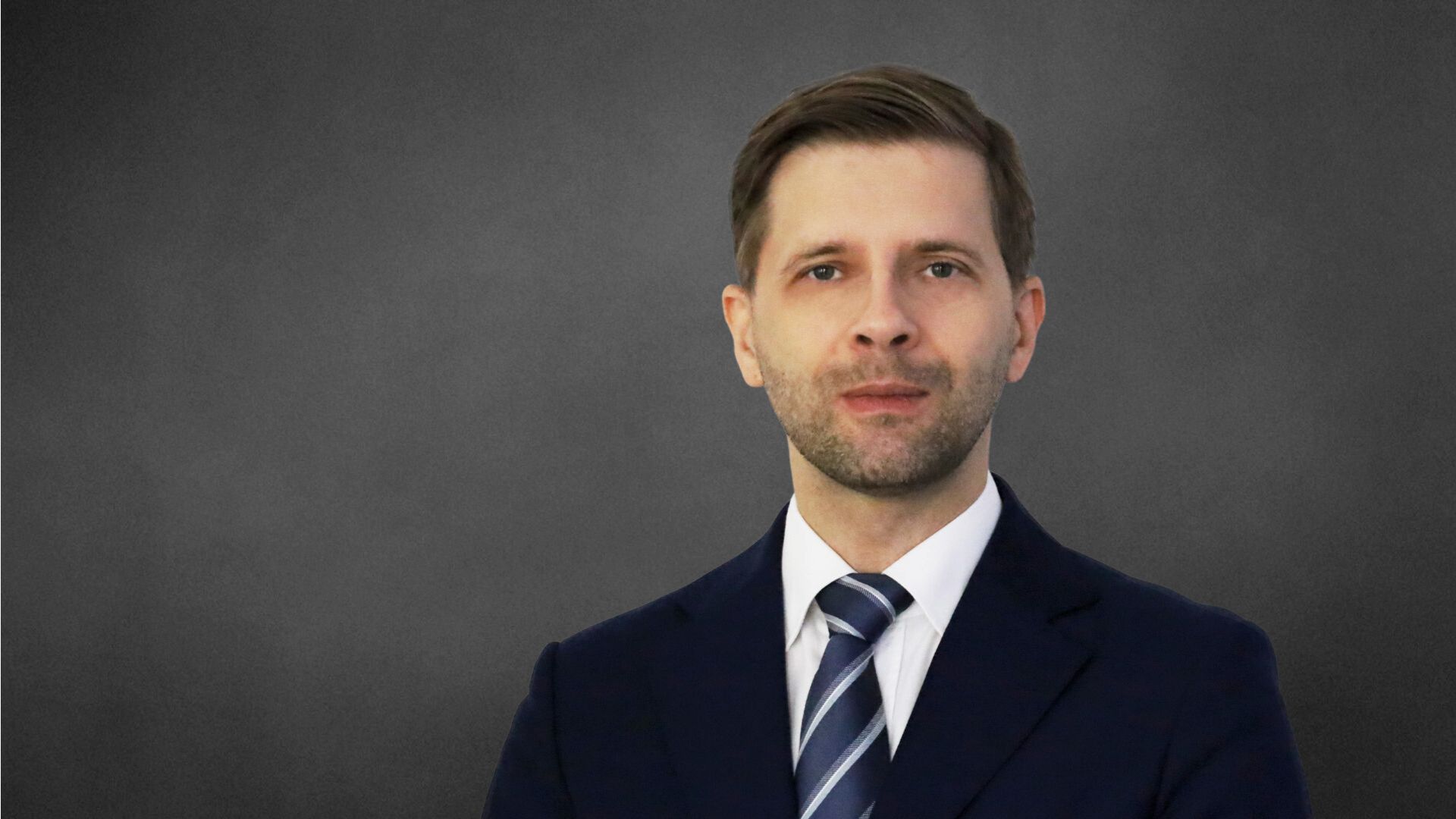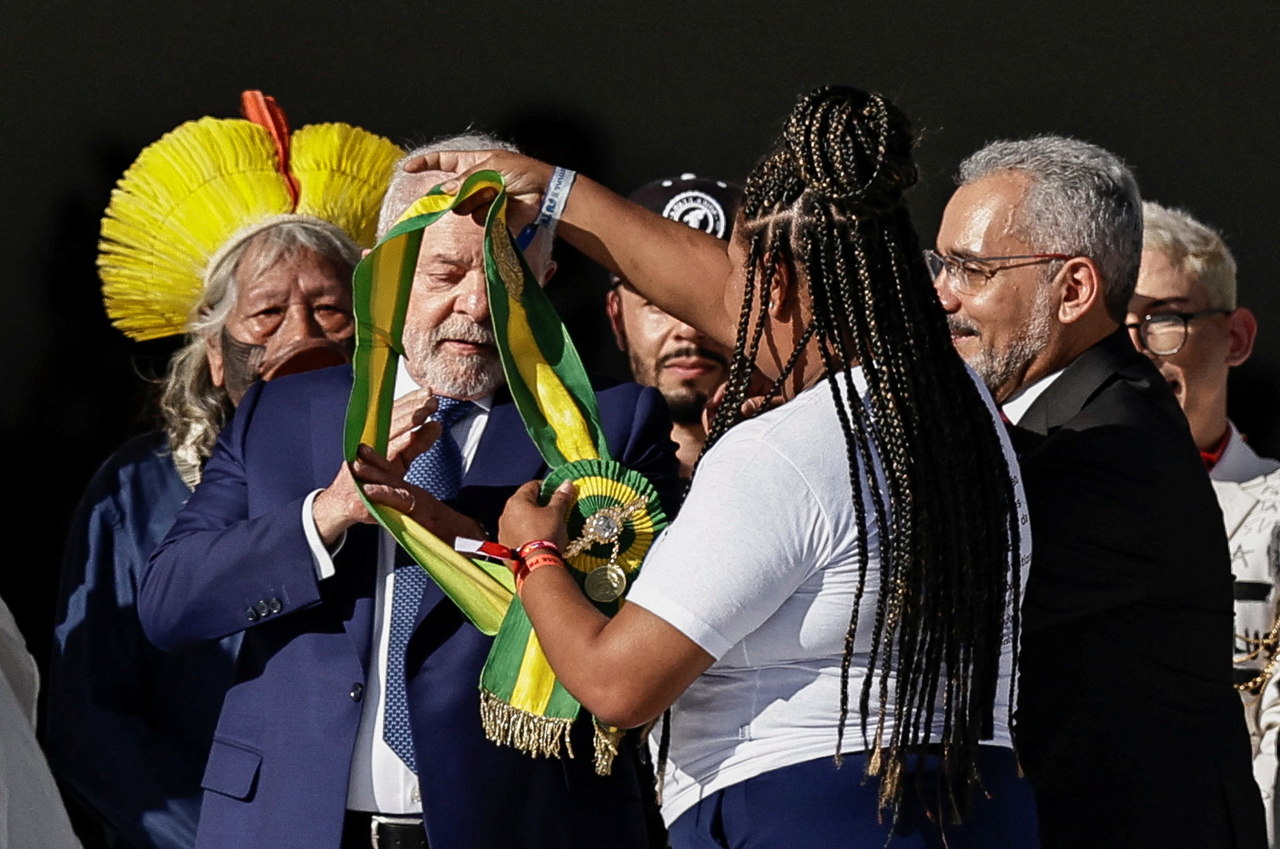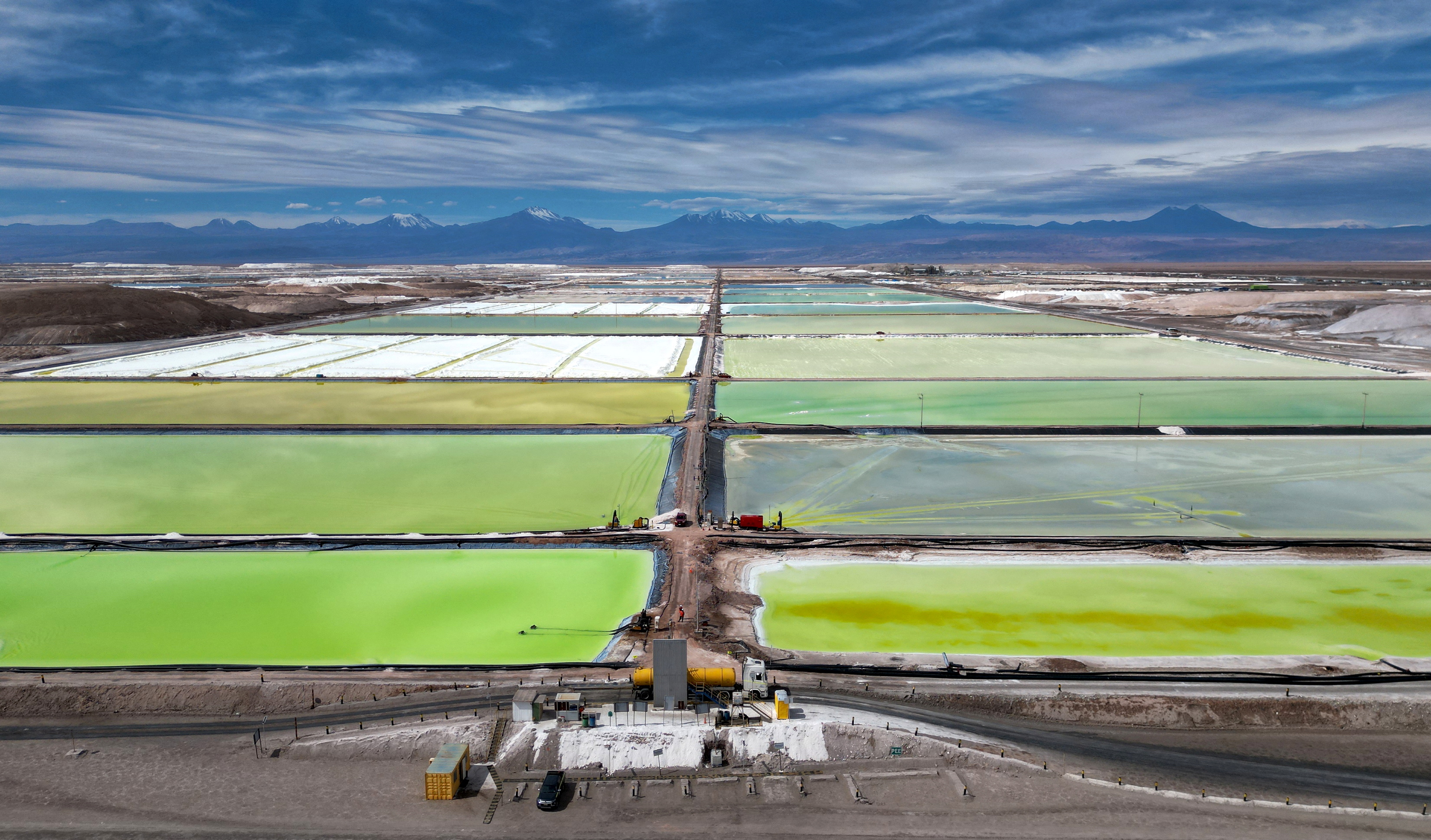Argentina's President Milei Aims for Economy "Shock Therapy"
Dealing with the deepening economic crisis is the top priority for the government of ultraliberal President Javier Milei, who took over in Argentina on 10 December 2023. The scale of the challenge and the lack of a parliamentary majority will complicate the implementation of his plans, which include the dollarisation of the economy and the elimination of the central bank. In foreign policy, Milei promises to prioritise relations with the U.S. and Israel, among other goals. Although he cancelled the previous government’s decision to join BRICS, it is doubtful whether he will limit relations with key partners such as China.
.jpg) AGUSTIN MARCARIAN / Reuters / Forum
AGUSTIN MARCARIAN / Reuters / Forum
Javier Milei won the second round of the presidential election held on 19 November 2023. He is an economist and describes himself as a “liberal libertarian”. He gained recognition as an eccentric commentator in media and has been active in politics for a few years—in 2021, he became a federal MP from his party Freedom Advances (La Libertad Avanza, or LLA). The public’s growing frustration with the deteriorating economic situation was the key factor for Milei’s success in last year’s elections. He convinced some voters with his radical and aggressive slogans (such as getting rid of the “political caste”), but over the campaign he toned down the rhetoric to win over moderate voters. The support of part of the centre-right coalition Together for Change (Juntos por el Cambio, or JxC) helped him win 55.65% of the vote in the second round and defeat Sergio Massa, the minister of economy in the centre-left government of President Alberto Fernández and the candidate of the government coalition Union for the Homeland (Unión por la Patria, or UP). In particular, Milei obtained a significant endorsement from the JxC presidential candidate Patricia Bullrich, who came in third in the first round of the election on 22 October, and from Mauricio Macri, Argentina’s pro-market president in 2015-2019.
Internal Conditions
In the last few years, Argentina has seen recurring economic difficulties, the effect of structural weaknesses, and a slowdown in the last decade exacerbated by the COVID-19 pandemic and excessive debt, among other reasons. Annual inflation exceeded 160% in November, and the Argentine peso has steadily lost value. In December 2023, the central bank’s foreign exchange reserves was less than $21 billion, half of the amount a year before, and public debt exceeded $400 billion (more than 88% of GDP). Argentina is also the largest creditor to the International Monetary Fund (IMF), which in 2018 granted $44 billion to the Macri government.
The Fernández government, which took over in 2019, tried to stabilise the economy by tightening controls on currency markets, introducing different types of peso-dollar exchange rates, and imposing taxes on imports and exports, among other measures. Active social policies (subsidies, cash transfers) did not help stem the rise of poverty, which exceeds 40% of the population. A severe drought that affected the economically important agri-food sector in 2023 further complicated the situation.
The government before Milei’s also saw an opportunity to raise revenue from the growing gas and oil production in the Vaca Muerta shale fields, but development of the transfer infrastructure remains a challenge. Lithium extraction and processing is another promising area. Argentina has attracted a lot of investment in this sector, thanks in part to preferential terms such as low royalties, and by the decade’s end, it could overtake Chile as the largest Latin American lithium producer.
Milei’s Main Plans
In their electoral programme and declarations, LLA and Milei argued that for decades, successive governments have failed to develop Argentina’s potential, expanding instead a “paternalistic state” that has stifled private initiative. For Milei’s government, the chronic budget deficit is the main cause of the crisis. He claims “shock therapy” is the right solution, as it should help stabilise the situation after a difficult few months.
On 12 December, the new government announced a plan to reduce budget spending, including on public investment and energy and transport subsidies, devaluing the peso by more than 50%, but at the same time increasing some direct transfers (for children and food). On 20 December, Milei announced an emergency decree (DNU) and on 27 December he sent to Congress a project of several hundred legal changes, which de facto aim at rebuilding the socio-economic model. These decisions include, for example, more flexible business rules, the abolition of price controls and of restrictions on foreign exchange trading, tax cuts, a more flexible labour market, a wider opening to international trade (including through the elimination of import duties and export levies), and far-reaching privatisation of the state sector. At the beginning of 2024, Milei also decided on major changes to the command of the army—a prelude to its reforms.
There was no foreign policy chapter in the LLA’s programme, but Milei announced that he would strengthen cooperation with liberal democracies and prioritise relations with the U.S. and Israel. He declared that Argentina would not accept an invitation to join BRICS because he did not want to work with “communists”. In this group, he included Lula da Silva, the president of Brazil, which is Argentina’s most important political and trade partner, and the authorities of China, the second-largest trade partner and an important investor and lender, as well as Russia. He clearly supports former U.S. President Donald Trump and former Brazilian President Jair Bolsonaro, whom he invited to the inauguration of his presidency. He also questions whether climate change is the result of human activity.
Attempts to soften Milei’s confrontational language and to reaffirm his government’s pro-Western stance followed the elections. Diana Mondino, the incumbent foreign minister, announced a return to the OECD membership bid. She made her first foreign visit to France, a signal of interest in cooperation with Europe’s largest economies. The new government also clearly supports Ukraine against Russian aggression. President Volodymyr Zelensky attended Milei’s inauguration and earlier heard Milei propose the organisation of a Latin America-Ukraine summit in Argentina.
Challenges
Argentine presidents enjoy a strong political position but the lack of a majority in parliament, where the LLA has only 37 out of 257 seats in the Chamber of Deputies and 7 out of 72 in the Senate, and of representatives in the provincial governments, remains a significant limitation to Milei’s plans. His government has to negotiate support with other political forces led by the JxC. Milei has exercised his right to issue DNUs, but parliament can reject a presidential decree if majorities in both chambers vote against it. The president is attempting to bypass this limitation and extend his powers, for example, through a state of emergency until December 2025, which was included in the 27 December megaproject of legal changes. The implementation of many of the proposed reforms depends on balancing public finances—quite uncertain, especially since some of the Milei government’s decisions have already led to massive demonstrations against them.
In foreign relations, it will be difficult for the new Argentine authorities to limit cooperation with Brazil and China, which are of key economic importance to the country. Within Mercosur, the Argentine government’s position on greater flexibility in the functioning of the organisation will be contentious with Brazil, but will bring it closer to Uruguay, which has been challenging the ban on the bloc’s members to negotiate individual trade agreements with third countries.
Conclusions and Outlook
Employing DNUs, attempting to impose a state of emergency, and strengthening presidential powers demonstrate Milei’s determination to push through changes despite the lack of a majority in parliament. The government has threatened to introduce sanctions for participants in anti-government protests (for example, withdrawal of entitlement to social benefits), but the radical nature of the reforms and the uncertainty about the success of the proposed “shock therapy” will exacerbate internal tensions.
Foreign policy for now will be more of a continuation than one of radical changes. Close relations with the Biden administration are important for Argentina because of the U.S. influence in the IMF, and for other reasons. Despite the rhetoric, the Milei government will continue to develop close cooperation with Brazil, China, and others even if the leaders of these countries resist meeting their Argentine counterpart. Milei’s desire to work with politicians such as Bolsonaro, on the other hand, could create tensions in relations with other heads of state in Latin America and hinder efforts to enhance regional cooperation. A change of government in Argentina will complicate the debate in Mercosur on the development of the bloc, but may help to break the deadlock in the EU-Mercosur ratification process.
If Milei is successful in liberalising Argentina’s economy, it could create major incentives for EU business, including Polish exporters and investors interested in South America. For the EU, the country is also a promising partner in the energy transition, among other areas, and it is in its interest to support Argentina’s efforts to become a member of the OECD. The new government’s pro-Western orientation may also make it an important partner for the EU in international forums such as the G20.





